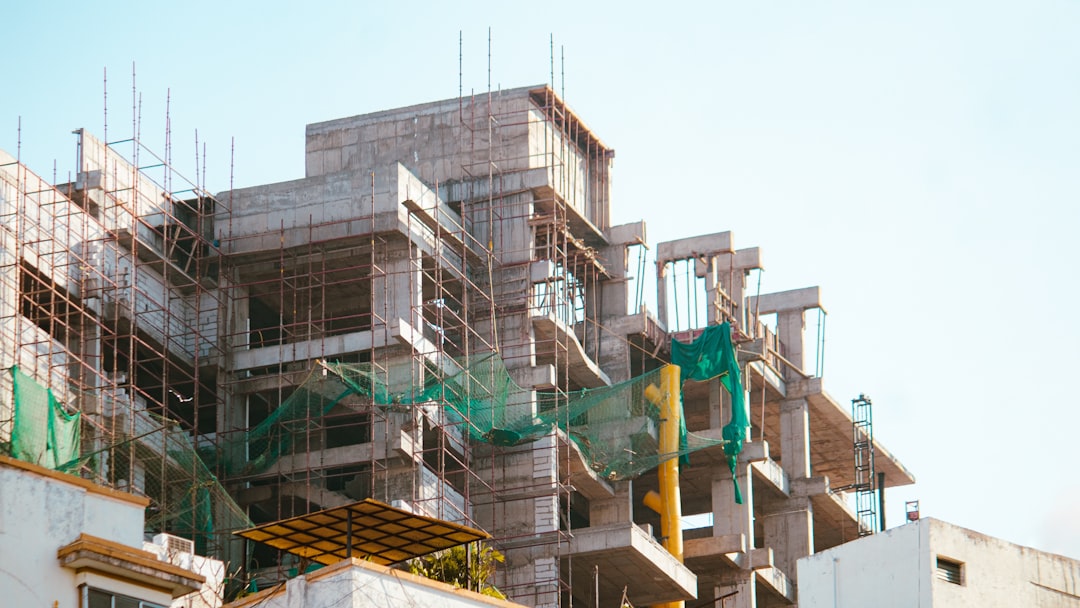
Grout, though a minor component, can significantly affect construction budgets. Accurate estimation of grout costs, including materials, labor, and site conditions, is crucial for contractors to maintain profit margins. Current installation costs range from $1.80 to $5.30 per square foot, depending on the grout type and project specifics.
• Standard sanded grout: $1.80–$2.55 per square foot
• Unsanded grout: $2.05–$2.95 per square foot
• Epoxy grout: $3.55–$5.30 per square foot
CountBricks provides real-time pricing updates to ensure accurate estimates.
Joint width, tile thickness, and pattern complexity affect grout volume. Typical waste ranges from 8% to 12%. CountBricks' tools calculate exact volumes, saving time and reducing errors.
Tile setters can grout 75–100 square feet per hour. Complex layouts reduce productivity. CountBricks benchmarks labor outputs for accurate cost estimation.
• Occupied renovations require extra time
• Exterior applications need additives for durability
• Multi-story projects involve additional travel time
CountBricks captures these variables to prevent unexpected costs.
Speak naturally to generate line-item estimates with live pricing and labor factors.
Upload plans for automated grout volume calculations and share annotated takeoffs with crews.
Create branded proposals with ease, including all necessary details for clients.
• Sealer application: $0.30–$0.50 per square foot
• Grout removal: $2.30–$4.50 per square foot
• Color-matching additives: $15–$30 per bag
Discuss these options with clients to avoid surprises.
• Order materials in bulk to reduce costs
• Use premixed grout for small jobs
• Schedule work efficiently to minimize costs
• Opt for larger tiles to reduce material usage
• Use CountBricks' benchmarks to negotiate subcontract rates
Epoxy grout is ideal for high-moisture areas like bathrooms and kitchens. CountBricks' ROI calculator helps determine cost-effectiveness.
CountBricks updates estimates in real-time, ensuring transparency and minimizing disputes.
Visit CountBricks.com to learn more about optimizing grout costs with AI-driven tools.

A contractor used CountBricks to reduce grout costs in a 2,800-square-foot beachfront home. Initial estimates were $14,735, but AI-driven adjustments saved $4,290.
• Reduced waste factor by using larger tiles
• Increased labor productivity with efficient scheduling
• Saved on epoxy pricing through bulk ordering
The final cost was $10,445, allowing for reallocation to premium fixtures and improving profit margins.
1. Use CountBricks' mobile estimator on-site
2. Upload plans for automated takeoffs
3. Explore grout options with the interactive dashboard
4. Present proposals for e-signature
5. Track usage and sync with invoices for financial control
Visit CountBricks.com to schedule a personalized demo.